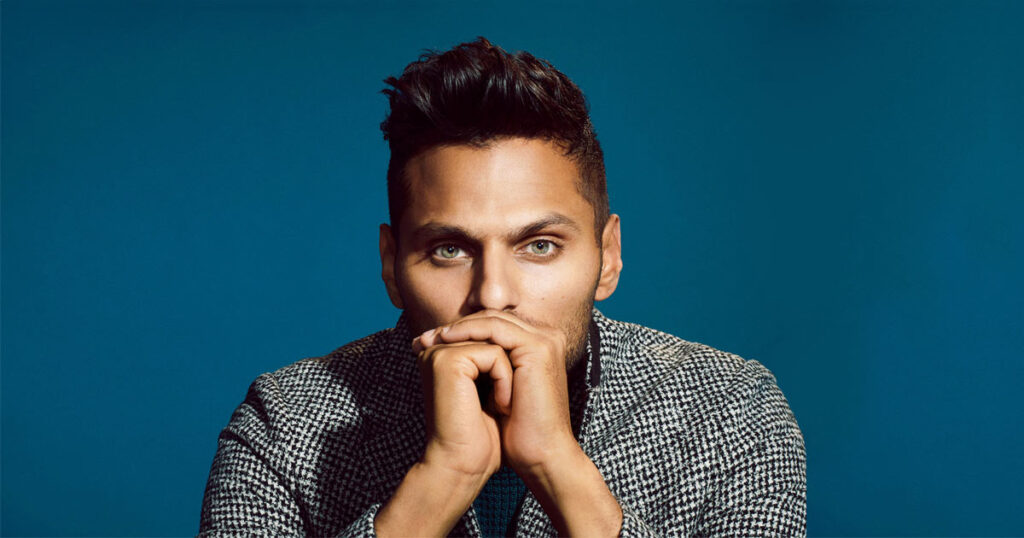How Thinking Like a Monk Can Help You Navigate Stress

Jay Shetty is a British-born, #1 New York Times best-selling author, award-winning storyteller and podcast host, and former monk. He recently shared his insights into how thinking like a monk can help you navigate stress.
Q: Monks, you say, are experts in finding peace, calm, and purpose — which are qualities that many people have found in short supply in recent years. So, what can we learn from monks that can help us in our everyday life?
The simplest lesson I learned from monks is that they try to do one thing at a time. We think multitasking makes us more efficient and productive. But research shows that only 2% of the population can multitask. When we hear that, we think we’re in the 2 percent. Actually, we’re in the 98 percent. Doing one thing at a time is a lost art. But actually, it makes us more efficient, more productive, and more creative than trying to do multiple things at once.
Q: In your book, Think Like a Monk, you discuss three stages of adapting to the monk mindset. Let’s talk about the first one: letting go — or stripping ourselves from the external influences, internal obstacles, and fears that hold us back. That sounds daunting. How is it possible?
We always think we have to do more of this and more of that. But often, we need to do less. A big part of healing is cleansing, decluttering, and removing things. We need to develop the courage to let go of things, little by little.
Q: You describe yourself as a purpose coach. During these times when many people are re-evaluating their purpose in life, what do you teach about how to find a more rewarding sense of purpose?
The first thing is not to create what is known as “purpose anxiety.” This is when you don’t know your life purpose and where to start. We fall into purpose anxiety when we think that there is something that we need to have or know as opposed to a way to live.
Purpose is something we live, something we practice. Something we do every day. I like to think about how purpose is passion meeting compassion. What do you like, and how do you want to use it to improve the lives of others? What are you good at, and how can you use that to improve someone’s life, someone’s day?
Q: You transitioned from monk to a wildly famous entrepreneur. Would it be fair to say that ancient wisdom has helped you succeed as an entrepreneur in the modern world — and if so, how?
Absolutely! I believe that any success I have received in life has come from my time as a monk. What I learned as a monk was about mastering the mind. All those fears and conflicts and stress and pressure: it’s all mental. As entrepreneurs, our minds can be something that can help us go forward. It’s all about how we manage our emotions.
Q: Finally, thinking like a monk isn’t just about being still and calm; it’s also about seeing patterns and connections. What are you seeing now in mainstream culture that reminds you of wisdom?
For me, it’s about shows like Ted Lasso. You can see how joy and happiness have gone mainstream through that show. You can see how uplifting messages are more powerful than anything else.